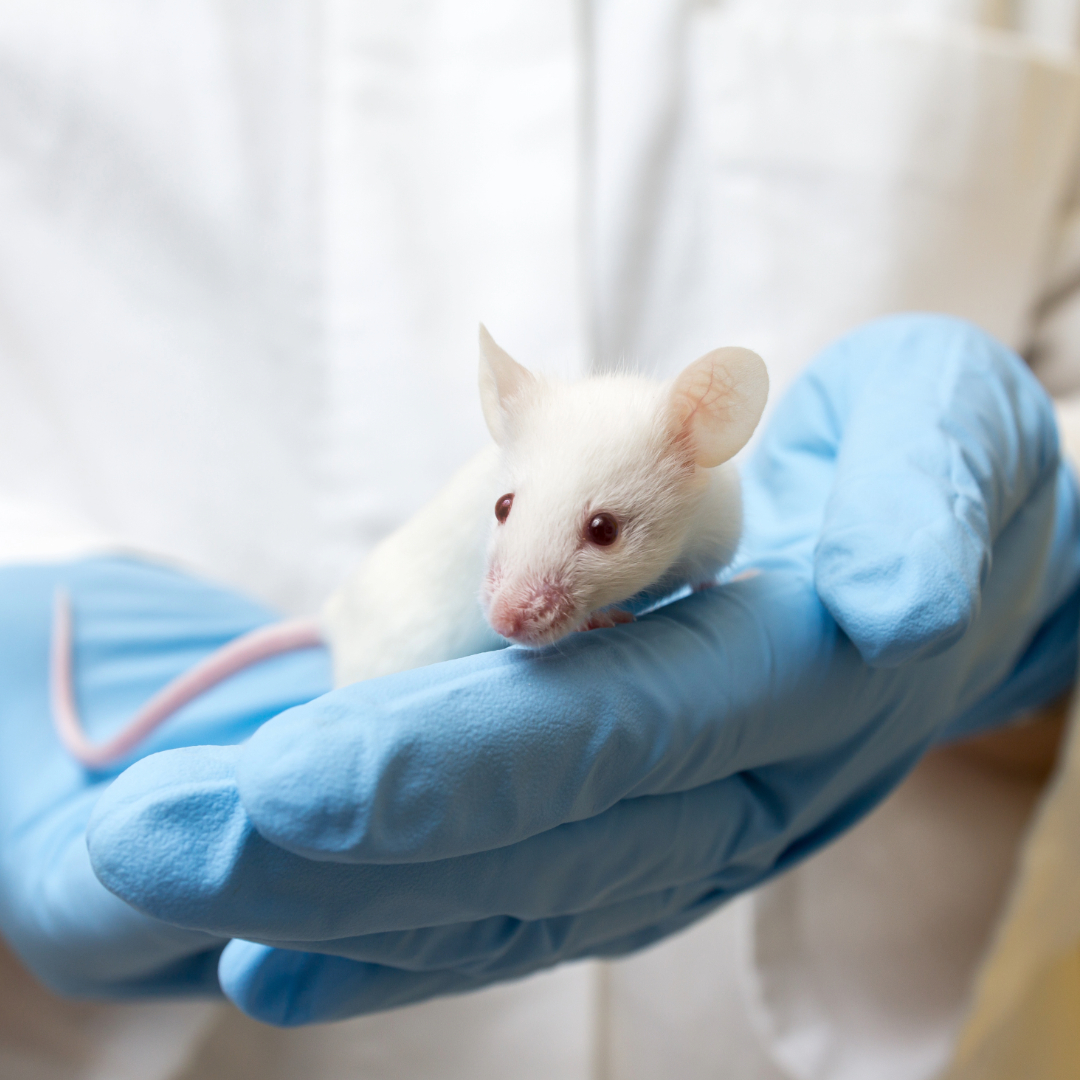
A new threat from microplastics:
Once microplastic particles have entered the human body, they reach the organs and the brain. There they trigger inflammatory processes which, according to mouse experiments, can cause behavioural changes.
The microplastics reduced a certain marker in the brain that is associated with the development of dementia and depression. The mice also showed altered behaviour. The exact mechanisms by which microplastics trigger these effects are currently the subject of research.
The growing presence of plastic makes it inevitable that we ingest microplastics through the air, drinking water and food. Studies have shown that these particles, which are smaller than five millimetres, accumulate in organs such as the liver, lungs and even the brain. There they could cause inflammation and mechanical damage to the cell membranes. However, the exact impact of microplastics on human health is still largely unexplored.
An experiment with microplastics and mice.
A research team led by Lauren Gaspar at the University of Rhode Island has investigated the effects of microplastics ingested via water and food on the behaviour and inflammatory processes in the body of mammals. Over a period of three weeks, they added microplastic particles 0.1 to 0.2 micrometres in size to the drinking water of young and old mice in concentrations of 0.0025 to 0.125 milligrams per litre. A control group was given pure water instead.
After the three weeks, the mice were subjected to various behavioural tests before being put to sleep. This allowed Gaspar and her team to analyse the mice’s tissue for deposits of microplastics and to determine the concentration of certain immune markers.
Altered behaviour and increased immune response.
The study showed that mice that had ingested microplastic particles via their drinking water differed significantly from the control mice. „It is amazing that even moderate doses of microplastics can cause significant changes in such a short time,“ commented senior author Jaime Ross. In particular, the older mice exposed to microplastics showed a conspicuous amount of movement and behaved as if they were orienting themselves or searching for something – behaviours reminiscent of dementia in humans.
The subsequent examination of the organs provided further insights. Microplastic particles were found in every organ analysed, including the heart, lungs and brain. „We discovered microplastic particles in the cell compartments of every tissue tested,“ Gaspar and her colleagues reported. In addition, the markers for immune activity were elevated in many of these tissues. For example, analyses of the mRNA showed that the genes for the inflammatory messenger TNF-alpha were twice as active in the liver.

Microplastics break through the blood-brain barrier!
Gaspar and her research team came to the surprising realisation that microplastics had reached the brains of mice, even though they were only ingested via their drinking water. Originally, the scientists assumed that the particles would only accumulate in the gastrointestinal tract and in detoxifying organs such as the liver, kidneys and spleen.
„The discovery of microplastics in organs such as the heart and lungs suggests that it travels beyond the digestive tract into the bloodstream,“ explained Ross. From there, it appears to cross the blood-brain barrier, which is difficult to penetrate. The researchers suspect that the microplastic first damages the liver and then accumulates in high concentrations in the blood, which enables it to penetrate deep into the brain tissue.
Protein marker may indicate the onset of dementia
In the brain, the microplastics led to a reduction in the so-called GFAP marker. GFAP stands for Glial Fibrillary Acidic Protein, which indicates the presence and activity of glial cells and astrocytes that fulfil supporting functions for neurons in the brain. „A decrease in GFAP levels is associated with the early stages of several neurodegenerative diseases, including Alzheimer’s disease and depression in mice,“ explains Ross. „It was surprising to find that microplastics can cause such changes in GFAP.“
The research team now speculates that the microplastics may have triggered the early stages of these diseases in the mice studied. Gaspar and her colleagues are planning further studies to understand how microplastic particles could affect the brain and consequently cause neurological disorders and diseases such as Alzheimer’s.
Klar2O GmbH
Werner-von-Siemens-Str.2-6
76646 Bruchsal
Baden-Württemberg, Germany
T. 49 176 92 67 888 6
Klar2O GmbH ©
Klar2O GmbH
Werner-von-Siemens-Str.2-6
76646 Bruchsal
Baden-Württemberg
Germany
+49 176 92 67 888 6
Klar2O GmbH ©
Klar2O
Safe water
for safe life